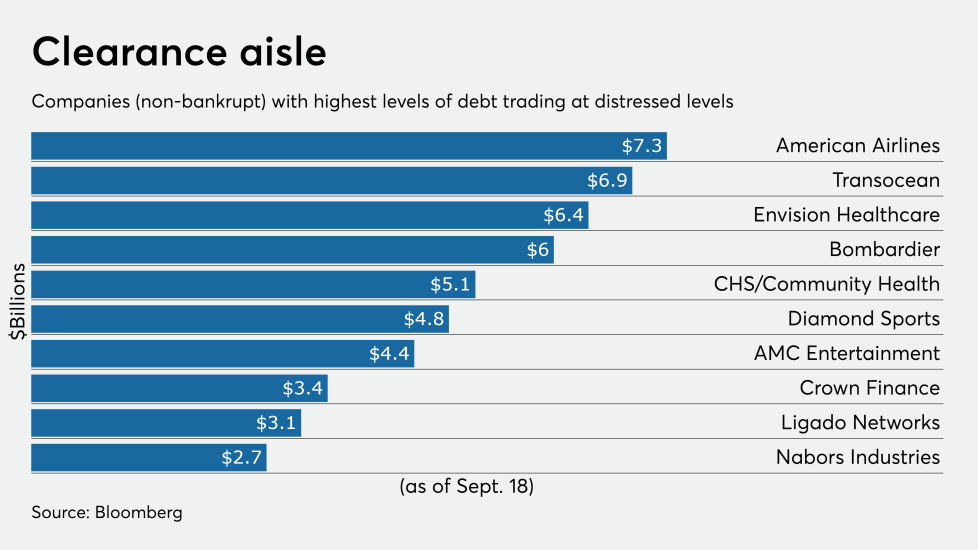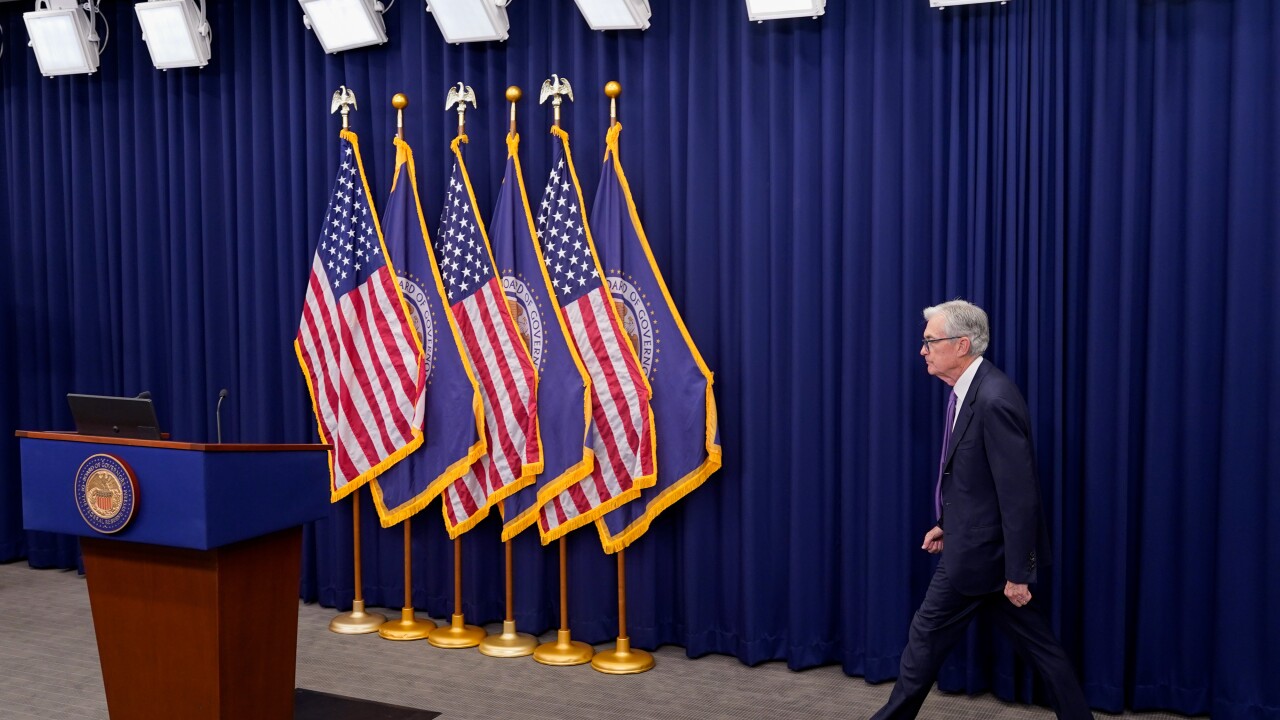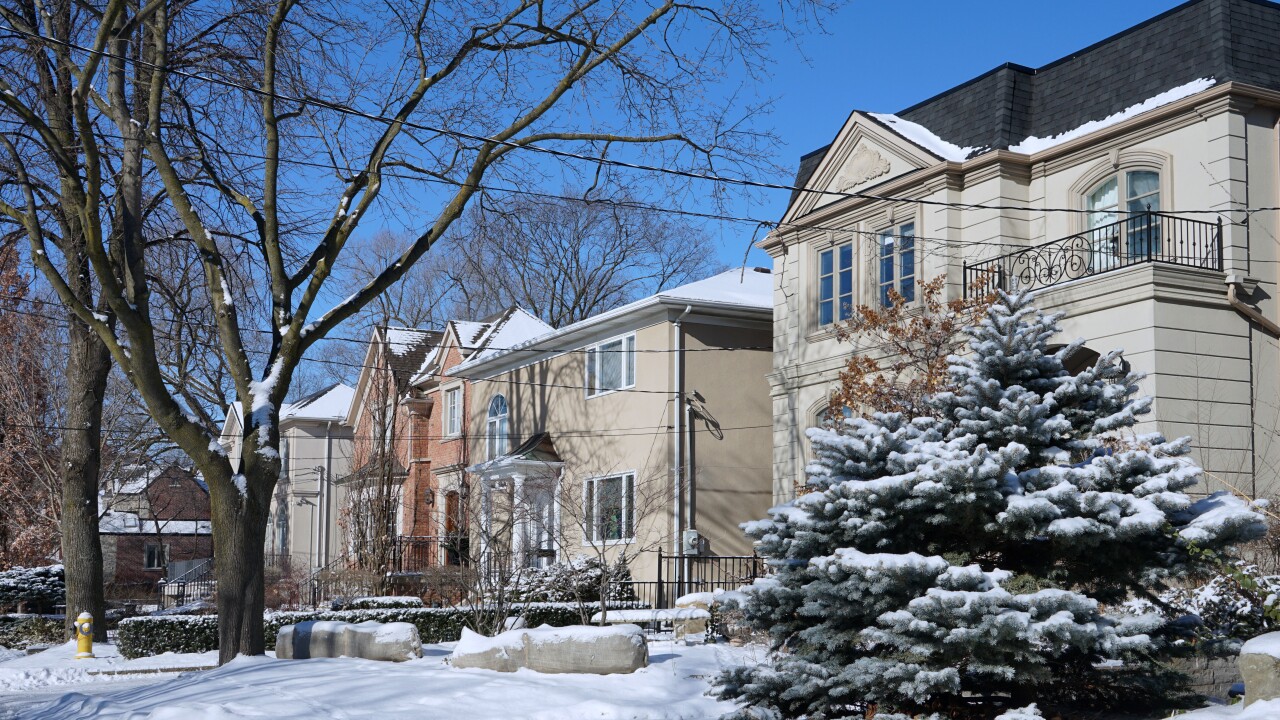Short-term flex-office workshare provider Regus recently placed six of its New York-based properties into bankruptcy protection, bringing the total number of properties included in Regus Chapter 11 filings to more than 90.
The bankruptcy filings by RGS Group Holdings and some of its affiliates are unfurling as the impact of coronavirus-related vacancies and work-at-home policies for most companies are wiping out the short-term use needs of the workshare space field. (Regus has an estimated 1,000 flex-office locations in the U.S. and Canada).
The Regus filings are exposing the unique risks associated with flex-office collateral within commercial mortgage-backed securities, notably a mismatch of long-term mortgages taken out by sponsors supported by short-term, flexible leases of tenants that are more likely to go unrenewed in a downturn.
In recent years these workshare space locations have become a regular feature in conduit deals, but flex-office exposure in CMBS deals is still relatively small. Last year, Moody's Investors Service estimated properties tied to workshare company WeWork measured only 0.7% of the universe of CMBS deals rated by Moody's.
But exposure in individual deals can be significant. While unclear at the time how many properties were involved, "there are more than 50 properties in CMBS [deals] that have Regus' presence on the top-five tenant roster," according to a recent report from DBRS Morningstar. At least three deals involving Regus properties now under bankruptcy protection have Regus as the sole borrower and asset for the transaction, according to research from Deutsche Bank.

Last year, DBRS Morningstar cautioned about a Natixis-sponsored transaction with a 31.6% net-rentable space exposure to WeWork for the
Within traditional conduit and single-asset CMBS deals, long-term mortgages secured by major office buildings located in urban central business district remain the largest asset type in deals at more than 27%, according to Moody's.
But analysts have noted that long-term, post-COVID trends may turn the tide back in favor of flex-office providers, at the potential expense of large downtown office buildings. Deutsche analysts noted that as remote office space needs grow for some companies as the pandemic wanes and on-site office needs re-emerge, firms have already discovered they do not need costly, centralized headquarters locations and office density to "preserve collaveration and 'work environment' productivity," Deutsche's Sept. 24 report stated. "Remote office space should fit some companies well."
Such a trend would support the strategy recently outlined by Mark Dixon, the CEO of the London-based parent of RGS Group, International Workplace Group.
"This global crisis has dramatically changed the ways companies will work," Dixon said in
"With our decentralised portfolio of workplace locations in over 1,100 towns and cities, both urban and suburban, we are uniquely positioned to help companies adapt to a new world of working."










